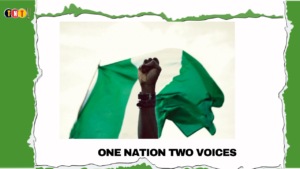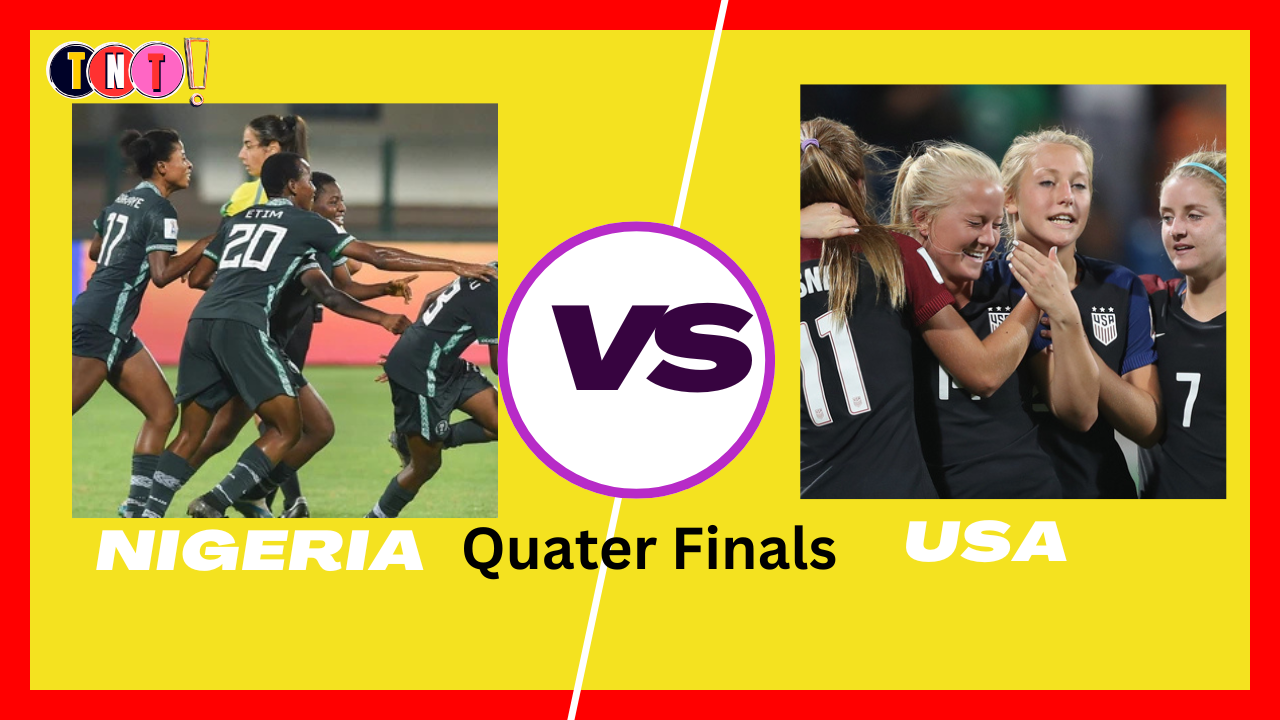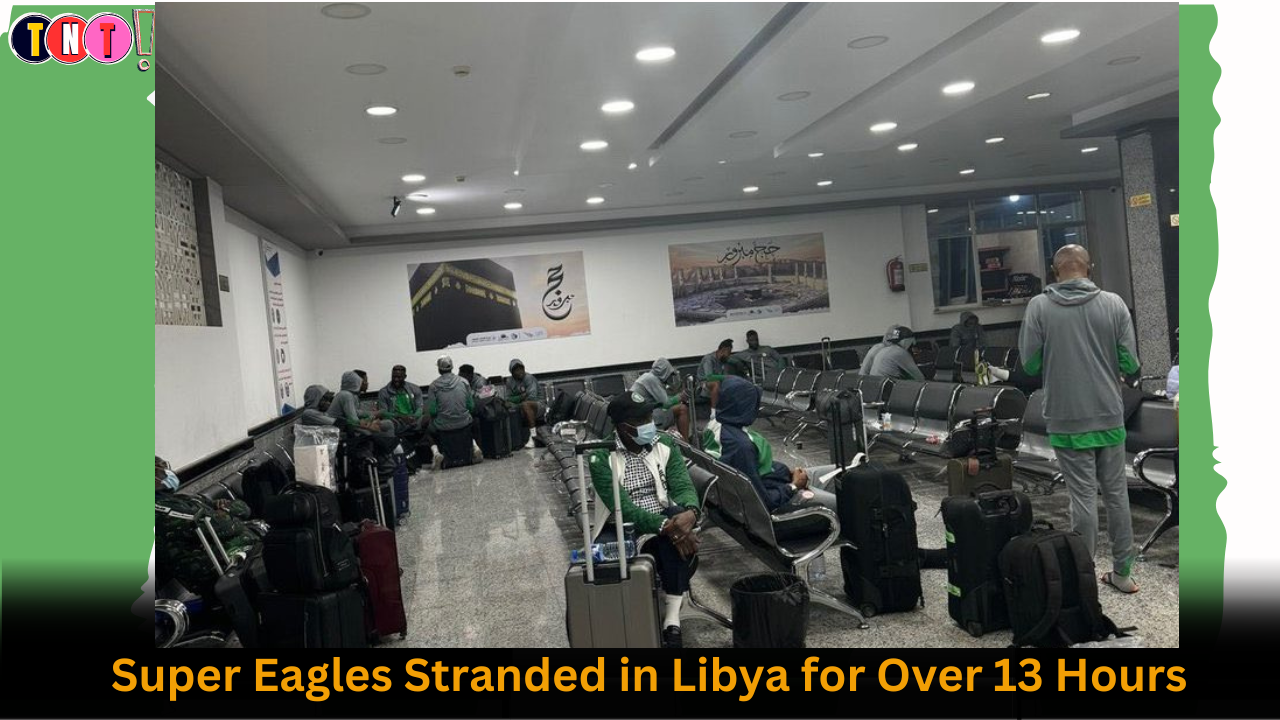Nigeria is witnessing an unprecedented wave of protests, but in an unusual twist, these demonstrations have splintered into opposing factions. The streets of major cities are not only filled with citizens rallying against economic hardship and poor governance but also with counter-protesters who have their own distinct objectives. This division has added a layer of complexity to the ongoing civil unrest.

NIGERIA FLAG
The Protests #End Bad Governance
Initially sparked by widespread dissatisfaction with the government’s handling of the economy, the protests have seen thousands of Nigerians demanding urgent reforms. The steep rise in living costs, unemployment, and general economic instability have left many citizens struggling to make ends meet. The protest movement, predominantly driven by youth and civil society groups, has called for greater accountability and tangible improvements in governance.
The Counter-Protests
In response to these protests, a group of counter-protesters has emerged, arguing that while the grievances of the main protesters are valid, the method of public disruption is not the way to achieve their goals. These counter-protesters believe that the demonstrations are exacerbating the economic situation by causing instability and deterring both local and foreign investments. Their presence in the streets aims to highlight that protest actions should be balanced with considerations for the broader national interest.
Different Goals Two Sides of the Coin
The main protest group, under the banner of #EndBadGovernanceinNigeria, is focused on immediate governmental reforms, an end to corruption, and better economic policies. Their actions include blocking major highways, holding sit-ins, and engaging in vocal demonstrations outside government buildings. Their primary demand is for the government to take swift action to alleviate the economic pressures facing ordinary Nigerians.
On the other hand, the counter-protesters emphasize the importance of maintaining order and stability. They argue that prolonged protests can lead to further economic decline, affecting everyday citizens who rely on a stable environment for their livelihoods. This faction calls for dialogue and more structured approaches to address grievances without disrupting daily life and economic activities.
Government and Public Reactions
The government has found itself in a challenging position, attempting to address the demands of the main protesters while also acknowledging the concerns raised by the counter-protesters. The Senate has appealed for patience, urging protesters to give the government more time to implement necessary reforms. However, this call has been met with skepticism from many who feel that the government has repeatedly failed to deliver on its promises.
Public opinion is divided, with some supporting the protest movement’s call for urgent change and others fearing the long-term consequences of continuous unrest. This division is reflective of the broader national sentiment, where economic hardship has driven a wedge between different segments of society, each with its own perspective on the path forward
A Nation in Tension
As protests and counter-protests continue, Nigeria stands at a crossroads. The outcome of this period of civil unrest will likely shape the country’s political and economic landscape for years to come. Both sides of the divide have valid concerns, and the challenge lies in finding a common ground that addresses the urgent needs of the population while ensuring long-term stability and growth.



